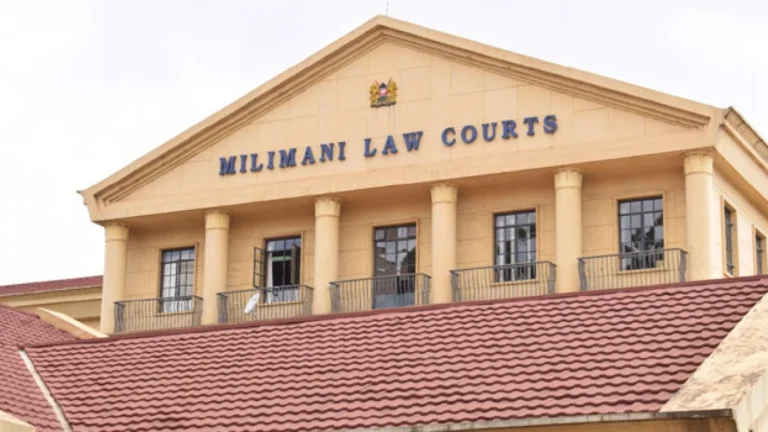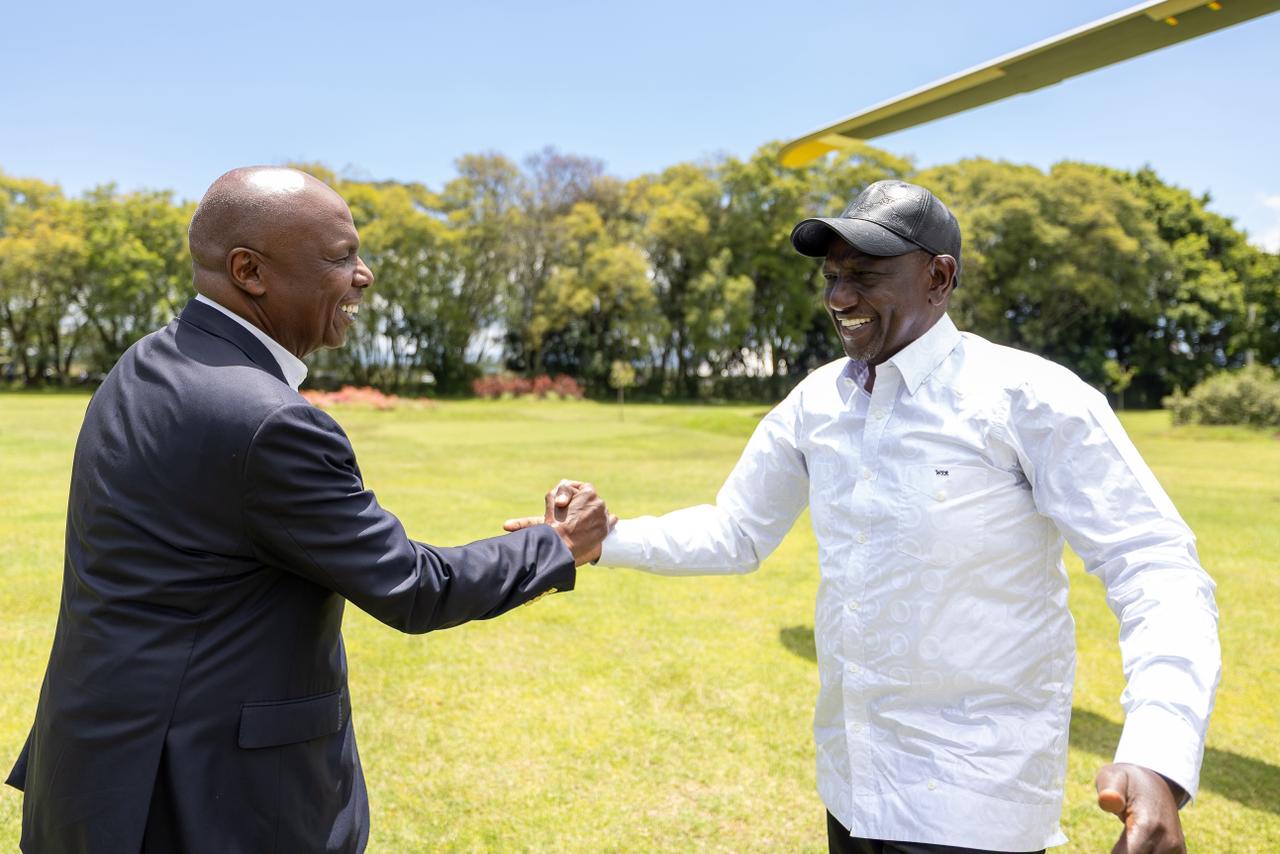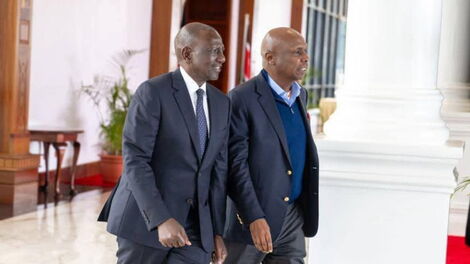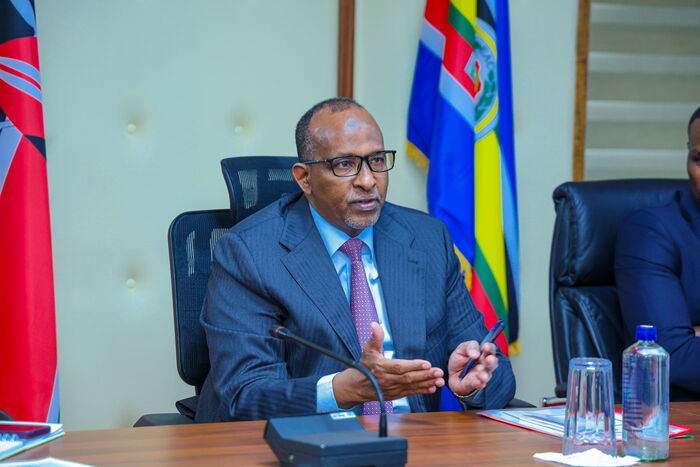In a sweeping directive that has sent shockwaves across the country, President William Ruto has ordered an immediate and aggressive crackdown on individuals who attacked police officers during the chaotic June 25 protests. The President’s directive follows mounting pressure from law enforcement and government officials who have condemned what they describe as “orchestrated acts of violence” against uniformed officers.
Speaking at a high-level security briefing on Friday morning, President Ruto directed security agencies to “move swiftly and decisively” in identifying, apprehending, and prosecuting those who engaged in attacks against police personnel during the nationwide demonstrations that rocked major towns earlier this week.
“There will be no tolerance for violence against our officers. The full force of the law must be brought to bear upon those who turned peaceful demonstrations into violent riots,” Ruto stated.
According to government sources, at least 15 police officers were injured during the protests, with some sustaining serious injuries after being stoned, assaulted, or attacked using crude weapons. The protests, initially organized by opposition factions and civil society groups to denounce the Finance Bill 2025, quickly escalated into violent confrontations in several towns, including Nairobi, Kisumu, Mombasa, and Nakuru.
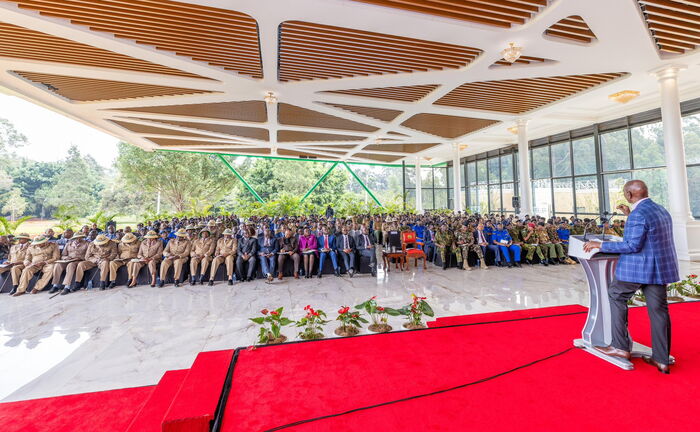
Interior Cabinet Secretary Prof. Kithure Kindiki echoed the President’s stance, confirming that security surveillance footage and intelligence gathered during the protests will be used to identify the perpetrators. He warned that those captured attacking officers on camera would be hunted down and prosecuted without exception.
“Anyone who lifted a hand against a police officer will face the consequences. We are not negotiating with violence,” Kindiki warned during a press conference held at Harambee House.
Human rights organizations have since raised concerns about the government’s response, urging restraint and adherence to the rule of law. The Kenya Human Rights Commission (KHRC) called on authorities to distinguish between peaceful protesters and criminal elements, cautioning against mass arrests or the targeting of innocent citizens.
Despite the backlash, the government appears resolute. Police spokesperson Resila Onyango told the press that the Directorate of Criminal Investigations (DCI) has already launched an operation to trace individuals using facial recognition software and digital forensics. Arrests are expected to begin immediately in what could become one of the most significant post-protest clampdowns in recent Kenyan history.
Meanwhile, opposition leader Raila Odinga has dismissed Ruto’s directive as “political intimidation,” accusing the Kenya Kwanza administration of weaponizing state power to silence dissent. He vowed that the protests would continue until the controversial Finance Bill is withdrawn, setting the stage for what could become a prolonged political standoff.
As the country braces for another round of demonstrations next week, questions remain over how far the state is willing to go to restore order — and at what cost to civil liberties.



